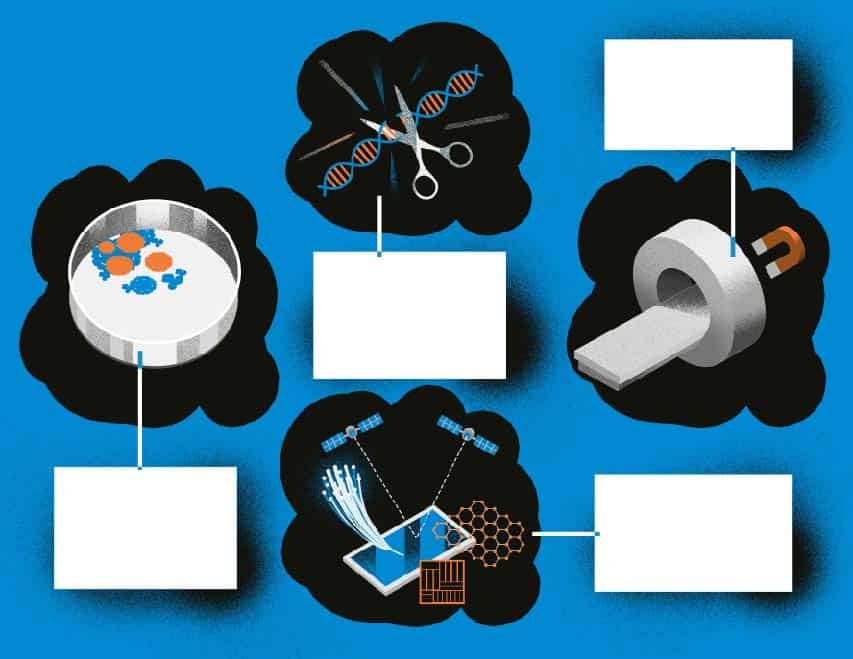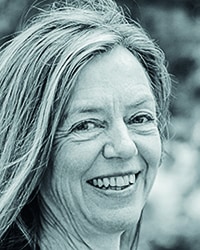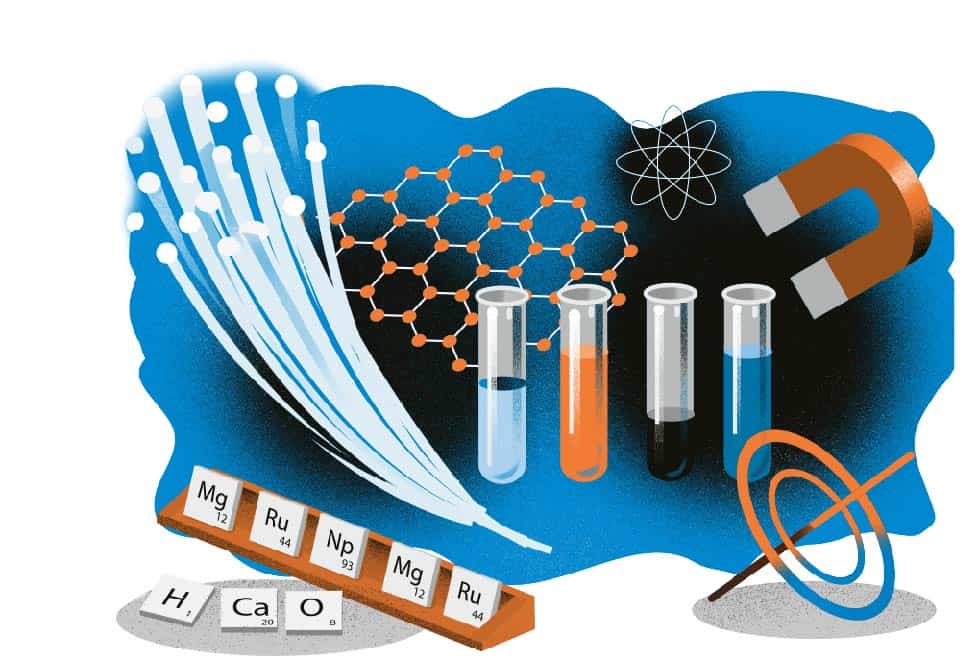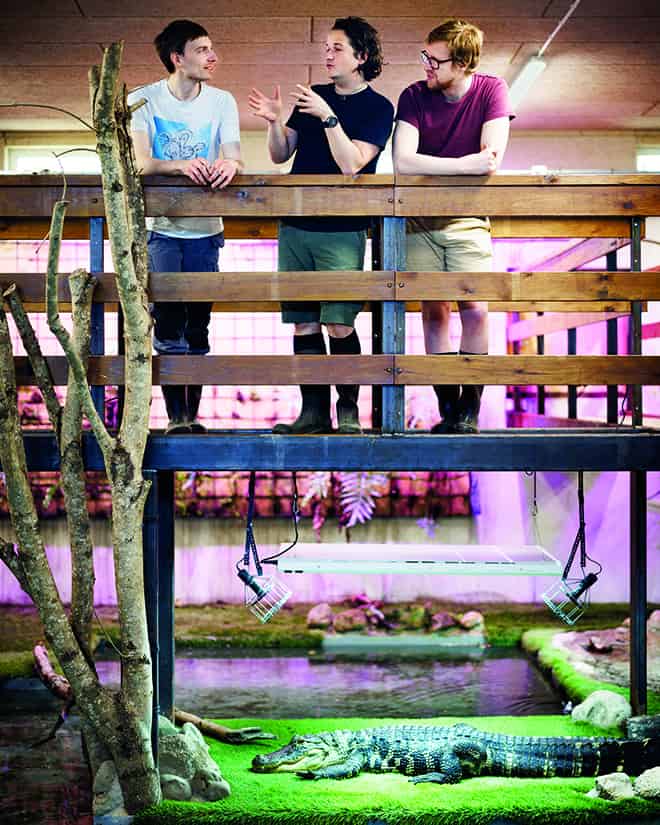In his Nobel Prize lecture, the 2022 Austrian Nobel laureate in physics, Anton Zeilinger, thanked taxpayers for giving money to researchers. He also described the unusual academic environment he had enjoyed during his career, where there was total freedom to conduct basic research.
In Zeilinger’s opinion, today it would have been absolutely impossible to apply for funding for the research he carried out in the 1980s and 1990s, because ”when you apply for money these days, you have to describe what your goals are, what you want to achieve within five years, and what methodology you will use”. He would not have been able to state that in advance about his research.
Zeilinger also pointed out that ideas can be right even if they sound wrong when you argue for them. That a researcher’s intuition can be much stronger than logical arguments. At the beginning of the lecture, he also highlighted the importance of curiosity when you are a researcher.
Zeilinger’s and other physicists’ basic research on the entanglement of particles that are at a distance from each other has led to unimagined applications in the development of quantum computers, encrypted communication and more.

Is this type of basic research dying out? According to an article published in Nature last year, there is less and less ground-breaking research being conducted as a proportion of the large volumes of scientific work that are published.
The authors of the Nature article analysed 45 million articles over six decades and found that studies increasingly confirm what we already know. The number of articles published has increased exponentially in recent decades, while progress is slowing in virtually every field of science. The authors attribute this trend to today’s researchers having narrower knowledge and the shifting interests of funders and researchers.
The focus on quantity rather than quality and the lack of time given to researchers are other reasons why the ratio of pioneering work has decreased.
To promote cutting-edge science, the authors propose that researchers should be encouraged to study broadly and given time to keep pace with the rapidly expanding frontier of knowledge. They speculate that higher education institutions could reward quality over quantity. They add that state research funders should rethink their organisation and strategies and have the courage to invest in riskier projects.
Christina Moberg is a professor emeritus in organic chemistry at the Royal Institute of Technology, KTH. She has long been strongly committed to free research, including in her role as President of the Royal Swedish Academy of Sciences from 2015 to 2018.
In an article in the Swedish daily newspaper Dagens Nyheter, she wrote: ”Our politicians would like to believe that they can control progress through targeted investment. But valuable discoveries occur where no one could have imagined. In contrast, the state’s strategic investments rarely lead into uncharted waters, because a strategic plan begins with mapping the current situation and defines the goals based on that.”
”I worry that free, curiosity-driven research is getting too little attention.”
The increasing proportion of strategic research at the expense of funds for basic research worries her. “I worry that free, curiosity-driven research is getting too little attention, and that we are missing out on important findings as a result,” she says.

Christina Moberg
Professor emeritus in organic chemistry at the Royal Institute of Technology, KTH
Moberg has been on the board of the Danish National Research Foundation and gives the foundation as an example of a relatively small research financier that has benefited free research in Denmark enormously.
“The Foundation only has researchers on its board, and it provides long-term research funds for bold new ideas. I think that a similar state-financed fund is needed in Sweden as well. That idea goes against the notion that it would be better to have larger and fewer research funding agencies than we have today. I think we need pluralism, meaning several organisations that work in slightly different ways and provide research grants from different angles. It will be too narrow otherwise,” she says.
Moberg wrote her newspaper article in the context of the UN announcing that 2022/2023 would be the International Year of Basic Sciences for Sustainable Development, an initiative to draw attention to the importance of basic science for progress in medicine, industry, energy planning, the environment, culture and more, and by extension the well-being of society.
While the way we fund science today contributes to fewer unexpected findings, could it also be that we are approaching a point where there is not much more ground-breaking knowledge left to discover?
“People, including researchers, have said that at various times over the years, and it has always proven to be completely wrong. With that in mind, I think there is a lot more to learn and we will continue to discover completely new things. If we could see a hundred years into the future, we would certainly be surprised at how much is new.”
She agrees that cutting-edge research suffers when quantity is valued more than quality.
“I have been sitting on science panels since the 1980s and seen this development. In the 1980s, we read researchers’ articles and reviewed their previous work more carefully. Of course, this does not prevent the assessments from being subjective, but we were forced to dig into the work. Now it is easier to look at quantitative data, the number of publications and citations. This means that a researcher who has ten mediocre publications in a year can sometimes be ranked higher than a researcher who has published one article that is more groundbreaking.”

















